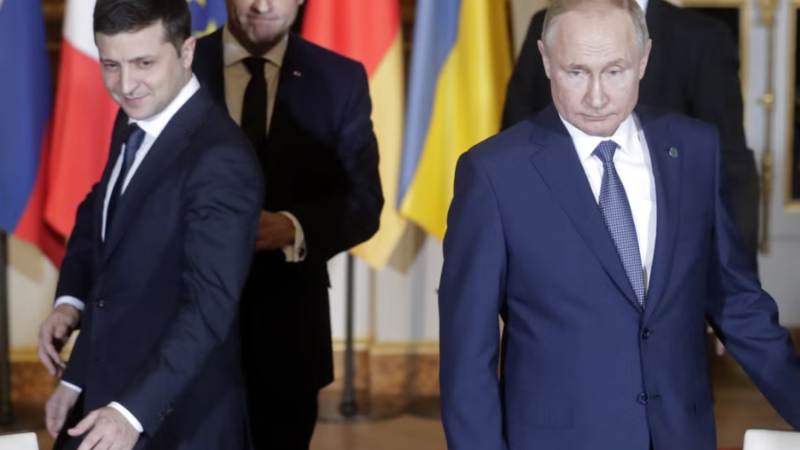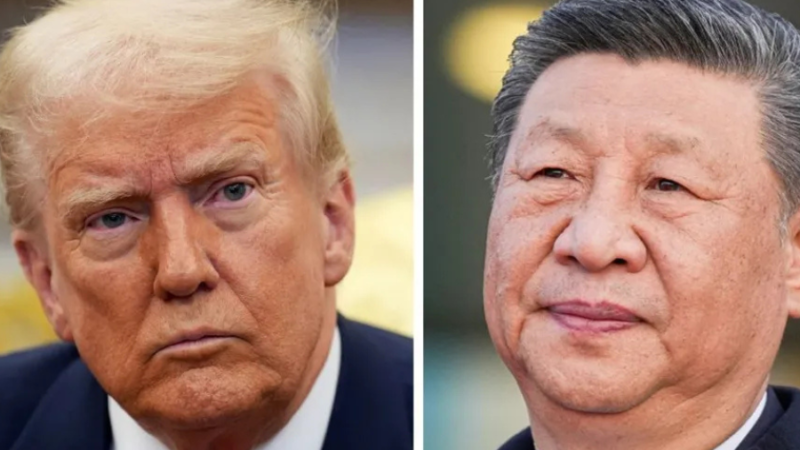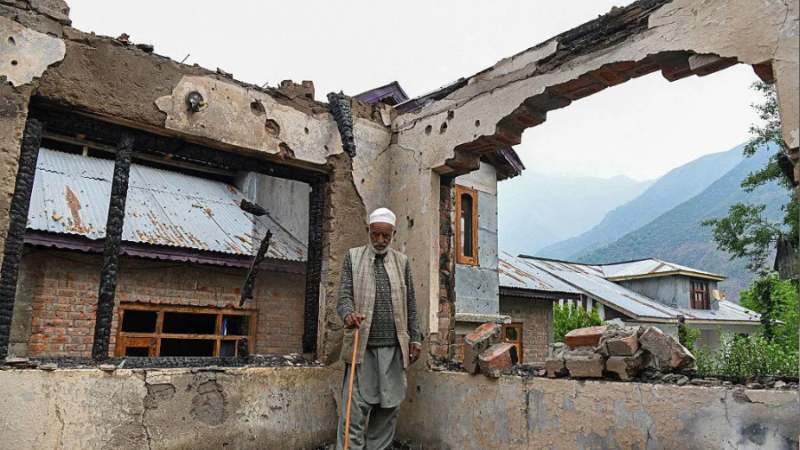Pope Francis Dies at 88 on Easter Monday, Leaving a Legacy of Mercy and Hum

Pope Francis, the beloved leader of the Catholic Church and a global symbol of compassion and humility, passed away on Easter Monday, April 21, 2025, at the age of 88. He died peacefully at his residence in the Casa Santa Marta in Vatican City.
The news was solemnly delivered at 9:45 AM by Cardinal Kevin Farrell, the Camerlengo of the Holy Roman Church. “At 7:35 this morning, the Bishop of Rome, Francis, returned to the house of the Father,” Cardinal Farrell announced, hailing the late pontiff’s lifelong dedication to serving the Church and the most vulnerable.
Final Days and Illness
Pope Francis had been hospitalized earlier this year, on February 14, at Rome’s Agostino Gemelli Polyclinic after suffering from bronchitis. His condition deteriorated with the diagnosis of bilateral pneumonia on February 18. Although he returned to the Vatican after 38 days for continued recovery, his health never fully stabilized.
The Pope had long struggled with respiratory issues. In 1957, while still in Argentina, he underwent surgery to remove part of a lung. These issues resurfaced frequently in recent years, even forcing the cancellation of major international visits, such as his planned trip to the UAE in late 2023.
Funeral Arrangements and Last Wishes
The Holy See confirmed that Pope Francis’ body will lie in state at St. Peter’s Basilica starting Wednesday, April 23, allowing the faithful to pay their respects.
In April 2024, Pope Francis personally approved updates to the papal funeral liturgy, reflecting his vision for simplicity and spiritual focus. According to Archbishop Diego Ravelli, Master of Apostolic Ceremonies, the revised rites “emphasize that the funeral of the Roman Pontiff is that of a pastor and disciple of Christ, not a worldly monarch.”
The late Pope had requested that his funeral be devoid of excessive grandeur, focusing instead on the hope of the Resurrection—a hallmark of his papacy centered on mercy, humility, and service.
Legacy of the ‘Pope of Mercy’
Born Jorge Mario Bergoglio in Buenos Aires, Argentina, in 1936, Pope Francis became the first pope from the Americas and the Southern Hemisphere, as well as the first Jesuit pope. He was elected to the papacy in March 2013, succeeding Pope Benedict XVI.
Throughout his pontificate, Pope Francis was known as the “Pope of Mercy,” often preaching about compassion, inclusion, and the needs of the poor. He championed causes from climate justice to economic equity, while urging the Church to be “a field hospital for the wounded.”
His landmark encyclicals—Laudato Si’ on the environment and Fratelli Tutti on human fraternity—left an indelible mark on the global conversation around faith and social responsibility.
Pope Francis also guided the Church through tumultuous years, including the COVID-19 pandemic, growing polarization, and institutional reforms. He focused on healing and outreach, often stepping beyond traditional protocols to embrace the marginalized.
A Pastor to the End
Despite his declining health, Pope Francis remained active in Church governance and international diplomacy. His final months included significant decisions, such as appointing new cardinals and advancing peace dialogues across the globe.
His final Easter message, just days before his death, called for unity in a world “torn by division and violence,” echoing the themes that defined his papacy.
As preparations begin for his funeral and the College of Cardinals convenes for a future conclave, the world mourns a pontiff whose life was deeply shaped by humility and unwavering service.
With gratitude, the Church now commends the soul of Pope Francis to the eternal embrace of the God he served so faithfully.






